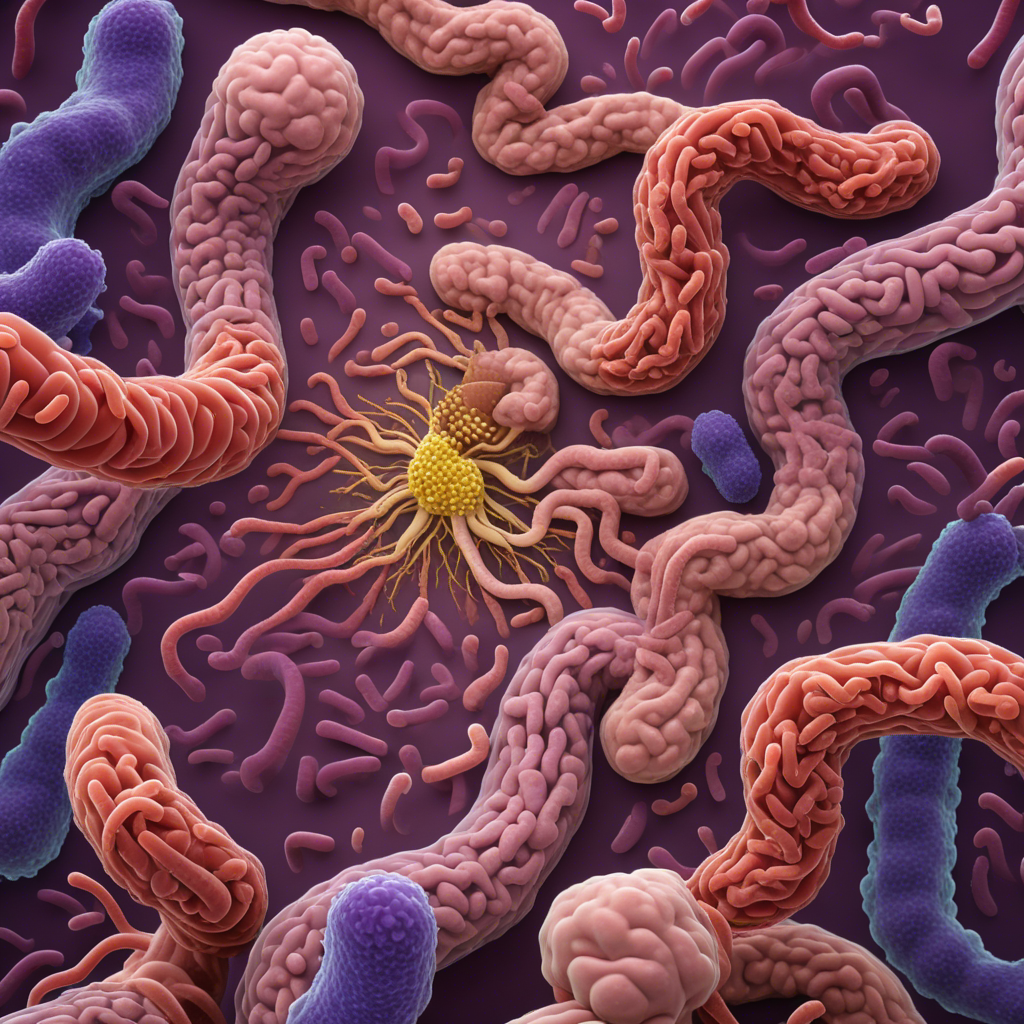The human microbiome is a complex ecosystem of microorganisms that live within and on the human body. The gut microbiome, in particular, plays a crucial role in our overall health and well-being. Composed of trillions of microorganisms, including bacteria, viruses, and fungi, the gut microbiome influences everything from our digestive health to our mental state. In this article, we will delve into the fascinating world of the human microbiome and explore how gut bacteria impact our health.
What is the Gut Microbiome?
The gut microbiome is the collective term for the microorganisms that reside in the gastrointestinal tract (GI tract). The GI tract is home to a vast array of microorganisms, including:
- Bacteria: Bacteria are the most abundant type of microorganism in the gut microbiome. There are over 1,000 different species of bacteria in the human gut, each with its own unique functions and characteristics.
- Viruses: Viruses are also present in the gut microbiome, although they are less well-studied than bacteria.
- Fungi: Fungi, such as yeast, are also found in the gut microbiome and play a crucial role in maintaining a healthy balance of microorganisms.
Functions of the Gut Microbiome
The gut microbiome performs a range of essential functions that are vital to our overall health. Some of the key functions of the gut microbiome include:
- Digestion: The gut microbiome helps to break down complex carbohydrates, proteins, and fats, allowing us to extract nutrients from the food we eat.
- Immune system regulation: The gut microbiome plays a crucial role in regulating the immune system, helping to prevent overactive or underactive immune responses.
- Production of vitamins and hormones: The gut microbiome produces certain vitamins, such as vitamin K and biotin, and hormones, such as serotonin and dopamine.
- Maintenance of the gut barrier: The gut microbiome helps to maintain the integrity of the gut barrier, preventing toxins and undigested food particles from entering the bloodstream.
Impact of Gut Bacteria on Health
The gut microbiome has a profound impact on our overall health, influencing everything from our digestive health to our mental state. Some of the ways in which gut bacteria impact our health include:
- Digestive health: An imbalance of gut bacteria, also known as dysbiosis, can lead to digestive issues such as bloating, gas, and irritable bowel syndrome (IBS).
- Mental health: The gut microbiome produces neurotransmitters, such as serotonin and dopamine, which are essential for maintaining good mental health. An imbalance of gut bacteria has been linked to depression, anxiety, and other mental health disorders.
- Inflammatory diseases: An imbalance of gut bacteria can lead to inflammatory diseases, such as arthritis, diabetes, and cardiovascular disease.
- Cancer: The gut microbiome plays a crucial role in cancer prevention, with certain species of bacteria helping to prevent the growth of cancer cells.
Factors that Influence the Gut Microbiome
A range of factors can influence the gut microbiome, including:
- Diet: A diet high in processed foods, sugar, and saturated fats can disrupt the balance of the gut microbiome.
- Antibiotics: Antibiotics can kill off beneficial bacteria in the gut microbiome, leading to an imbalance of microorganisms.
- Stress: Stress can disrupt the balance of the gut microbiome, leading to digestive issues and other health problems.
- Lack of sleep: Poor sleep quality and duration can disrupt the balance of the gut microbiome.
Maintaining a Healthy Gut Microbiome
Maintaining a healthy gut microbiome is essential for overall health and well-being. Some ways to promote a healthy gut microbiome include:
- Eating a balanced diet: Eating a diet rich in fruits, vegetables, and whole grains can help to promote a healthy balance of gut bacteria.
- Taking probiotics: Probiotics are live bacteria and yeasts that are similar to the beneficial microorganisms found in the gut microbiome. Taking probiotics can help to promote a healthy balance of gut bacteria.
- Reducing stress: Practicing stress-reducing techniques, such as meditation or yoga, can help to promote a healthy balance of gut bacteria.
- Getting enough sleep: Getting enough sleep is essential for maintaining a healthy balance of gut bacteria.
Conclusion
The human microbiome is a complex ecosystem of microorganisms that plays a crucial role in our overall health and well-being. The gut microbiome, in particular, influences everything from our digestive health to our mental state. By understanding the functions of the gut microbiome and the factors that influence it, we can take steps to promote a healthy balance of gut bacteria and maintain overall health and well-being.


